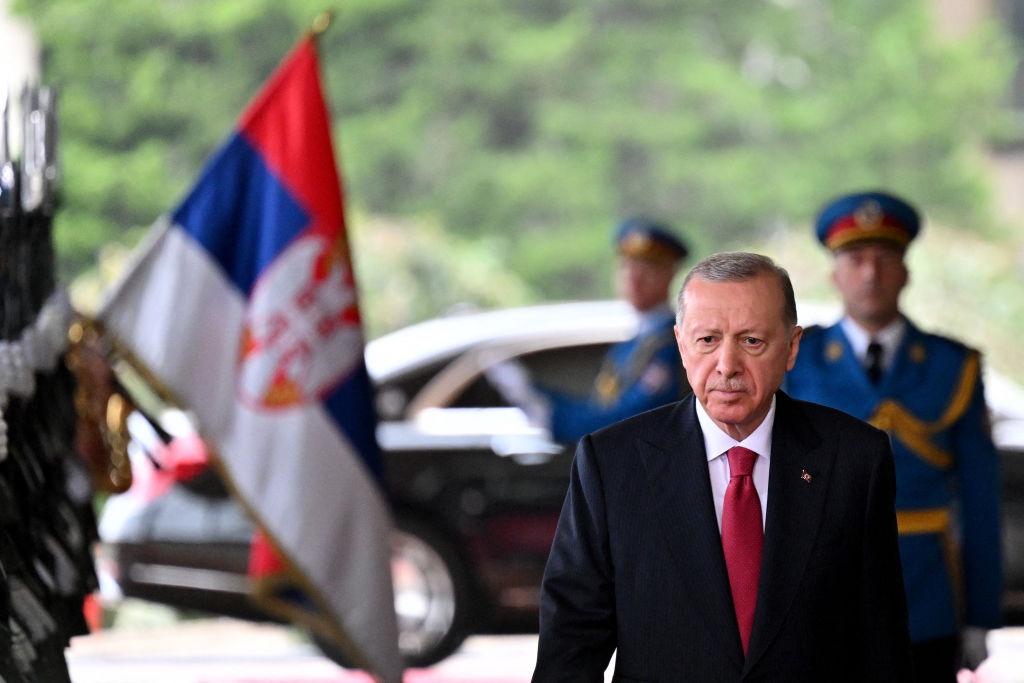Turkish President Recep Tayyip Erdogan said Russia has the “power” to defend itself after Ukraine fired six U.S.-made ballistic missiles into Russia’s western Bryansk region.
“Russia has the power and the measures to protect itself,” Erdogan told reporters on Nov. 19 at the G20 summit in Brazil, according to Turkey’s Anadolu news agency.





